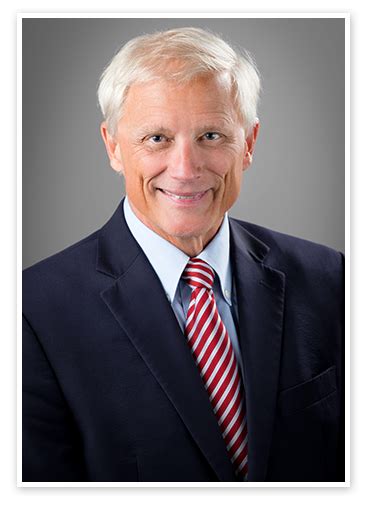A Quote by Seneca the Younger
All I desire is, that my poverty may not be a burden to myself, or make me so to others; and that is the best state of fortune that is neither directly necessitous nor far from it. A mediocrity of fortune, with gentleness of mind, will preserve us from fear or envy; which is a desirable condition; for no man wants power to do mischief.
Related Quotes
All the wants which disturb human life, which make us uneasy to ourselves, quarrelsome with others, and unthankful to God, which weary us in vain labors and foolish anxieties, which carry us from project to project, from place to place in a poor pursuit of we don't know what, are the wants which neither God, nor nature, nor reason hath subjected us to, but are solely infused into us by pride, envy, ambition, and covetousness.
Where there is Love and Wisdom, there is neither Fear nor Ignorance.
Where there is Patience and Humility, there is neither Anger nor Annoyance.
Where there is Poverty and Joy, there is neither Cupidity nor Avarice.
Where there is Peace and Contemplation, there is neither Care nor Restlessness.
Where there is the Fear of God to guard the dwelling, there no enemy can enter.
Where there is Mercy and Prudence, there is neither Excess nor Harshness.
Neither fear nor self-interest can convert the soul. They may change the appearance, perhaps even the conduct, but never the object of supreme desire... Fear is the motive which constrains the slave; greed binds the selfish man, by which he is tempted when he is drawn away by his own lust and enticed (James 1:14). But neither fear nor self-interest is undefiled, nor can they convert the soul. Only charity can convert the soul, freeing it from unworthy motives.
Good fortune almost always makes some change in a man's behavior - in his manner of speaking and acting. It is a great weakness to want to bedeck oneself in qualities which are not his own. If he esteemed virtue above all other things, neither the favors of fortune nor the advantages of position would change a man's face or heart.
The contempt of riches in philosophers was only a hidden desire to avenge their merit upon the injustice of fortune, by despising the very goods of which fortune had deprived them; it was a secret to guard themselves against the degradation of poverty, it was a back way by which to arrive at that distinction which they could not gain by riches.
Fear of success is far more dangerous than fear of failure, because the subconscious mind works to prevent that which it fears. People may fear success because of low self-esteem and feeling of not deserving it; because it will increase what others expect of them. Fear of success shows up as anxiety, indecision, avoidance, procrastination or acceptance of mediocrity.
A total reverse of fortune, coming unawares upon a man who 'stood in high degree,' happy and apparently secure,-such was the tragic fact to the mediaeval mind. It appealed strongly to common human sympathy and pity; it startled also another feeling, that of fear. It frightened men and awed them. It made them feel that man is blind and helpless, the plaything of an inscrutable power, called by the name of Fortune or some other name,-a power which appears to smile on him for a little, and then on a sudden strikes him down in his pride.
What importance can we attach to the things of this world? Friendship? It disappears when the one who is liked comes to grief, or the one who likes becomes powerful. Love? it is deceived, fleeting, or guilty. Fame? You share it with mediocrity or crime. Fortune? Could that frivolity be counted a blessing? All that remains are those so-called happy days that flow past unnoticed in the obscurity of domestic cares, leaving man with the desire neither to lose his life nor to begin it over.
Men in great place are thrice servants; servants of the sovereign state, servants of fame, and servants of business; so as they have no freedom, neither in their persons, nor in their actions, nor in their times. It is a strange desire to seek power and to lose liberty; or to seek power over others, and to lose power over a man's self.
Ought a man to be confident that he deserves his good fortune, and think much of himself when he has overcome a nation, or city, or empire; or does fortune give this as an example to the victor also of the uncertainty of human affairs, which never continue in one stay? For what time can there be for us mortals to feel confident, when our victories over others especially compel us to dread fortune, and while we are exulting, the reflection that the fatal day comes now to one, now to another, in regular succession, dashes our joy.






































